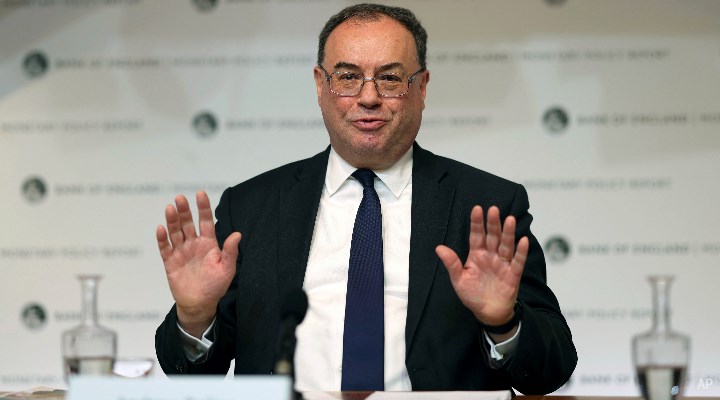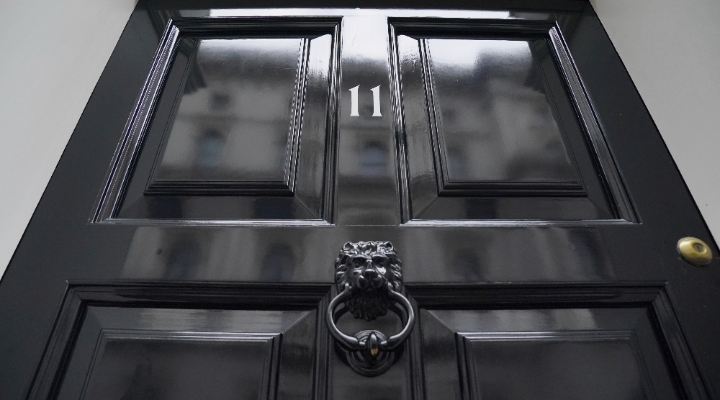
There has been plenty going on in the world of pensions in recent weeks, from possible changes to the state pension age to dashboards, tax, and scams. There’s even a potential looming crisis in NHS staffing because of pension rules changes.
Granted, these developments may be marginally less intriguing than the ongoing partygate revelations, but they could potentially make a lot more difference to your personal circumstances in the years or decades to come.
Here’s a brief round-up to keep you in the loop.
Pension Lump Sum Overpayment
Particularly significant for those at or approaching retirement age already is the news that HM Revenue & Customs (HMRC) has repaid an estimated £835 million in overpaid tax on pension lump sums since pension freedoms came into force in 2015. Over 13,500 claims worth £42 million were settled in Q4 2021 alone, according to HMRC data; the average repayment was for around £3,100.
This is a result of a clunky taxation system. If your pension provider has not received a tax code from HMRC when you start to take taxable pension benefits, it has to use a “Month 1” emergency tax code. This means it treats your first taxable withdrawal from your pension (not your 25% tax-free lump sum, as that is not taxed) as the amount you will be withdrawing every month that tax year, and taxes it accordingly. The same applies if you withdraw an entire pension pot at once.
For instance, if you took out a £20,000 lump sum in April, the provider would have to assume you would withdraw the same every month for the next 11 months – a total of £240,000 that tax year – and tax you on that basis. That would amount to £7,274, according to AJ Bell calculations. Without the emergency tax code, a single £20,000 withdrawal should attract £1,486, assuming no other income that tax year.
Overpayments are automatically refunded at the end of the tax year, but if you don’t want to wait you’ll have to apply for a refund. The form to use depends on your circumstances.
If you have not taken your whole pension pot, use form P55; if you have taken the whole pot you’ll need either P50Z (if you have no other income that year) or P53Z (if you have other income).
Tom Selby, head of retirement policy at AJ Bell, says: “It is beyond belief, as the seventh anniversary of the pension freedoms reforms approaches, that the tax system continues to operate in this way. Having introduced flexibility over pension access from age 55, an upgrade of the tax system is now long overdue.”
But so far there’s little sign of an overhaul at HMRC.
State Pension Age Review
Perhaps most important for younger readers is the launch of a second review of the state pension age (SPA), with a view to raising it earlier than planned. The rationale is simple: state pension payments now cost more than £100 billion every year; in the face of an ageing population, a higher retirement age makes them more sustainable.
The first review in 2017 established that the current SPA of 66 will rise to 67 between 2026 and 2028 (for those born after April 1960) and to 68 between 2044 and 2046 (for those born after April 1977). The upcoming review will consider whether the move to an SPA of 68 should be brought forward to 2037-39, and the findings will be published in May 2023.
The UK’s ageing population and lengthening life expectancy undoubtedly raises a double challenge for the government. It has to ensure not only that the economy has the taxpaying workforce it needs to function properly, but also that a meaningful state pension can continue to be provided for everyone throughout retirement.
Work and pensions secretary Dr Thérèse Coffey said the government must make sure the costs attached to the state pension are fair to both taxpayers and pensioners, “and that it continues to provide the foundation for retirement planning and financial security”.
Is a Pension Dashboards Finally Coming?
Pension dashboards that allow people to see all their pensions in one place have been under discussion for what seems like an eternity. Now the end may be in sight, as the government is consulting on the draft regulations for them.
The idea is that the first dashboards – serving the largest pension schemes – will be introduced between April 2023 and September 2024. Medium-sized schemes will be connected from October 2024 and the smallest ones from 2026.
Becky O’Connor, head of pensions at broker interactive investor, points out that an increasingly mobile workforce really needs a single point of reference like this to keep track of multiple pensions.
But she warns that the proposals refer to "dashboards" plural, so consistency in the way information is presented is important. “If all dashboard providers are using the same sources and following the same guidelines, confusion can hopefully be avoided,” she adds.
NHS Staff Face Pension Penalty
Wealth manager Quilter has obtained data indicating that more than 7,000 doctors and nurses may quit the NHS at the end of the tax year to avoid their final salary pension being heavily penalised.
When the pandemic began, the government took measures under the Coronavirus Act 2020 to allow recently retired NHS staff to return to work without suffering a penalty on their pension, but that provision ends on March 24 this year.
Unless the parliamentary act is extended, after that date those staff affected will see their NHS pension reduced pound for pound if their earnings plus "unearned" element of their NHS pension exceed their pre-retirement NHS pensionable earnings – a process known as "abatement".
Graham Crossley, NHS pension specialist at Quilter, says this could potentially result in a healthcare disaster: “There is a real risk of thousands of doctors and nurses leaving the NHS unless urgent action is taken.”
“Although recent headlines about pandemic have been more positive, there are still significant pressures on the NHS, and the prospect of thousands of NHS staff leaving in March to understandably avoid a financial penalty will add to an already challenging situation.”
Tackling Pension Scams
Finally, new regulations came into force before Christmas to help protect pension savers from the persuasive powers of fraudsters offering "too good to be true" type incentives. The danger is that they are lured into transferring their pension wealth into a scam scheme and never see it again.
More than £2 million of pension pots were scammed in the first five months of 2021, according to the FCA. Complaints filed with Action Fraud indicate that the average loss amounted to more than £50,000.
The new rules give pension schemes the power to intervene where there are telltale signs of fraud or a scammer at work, either to block a transfer request or to block it until the individual can prove they have taken scam-specific guidance from the Money and Pensions Service (MaPS).




























